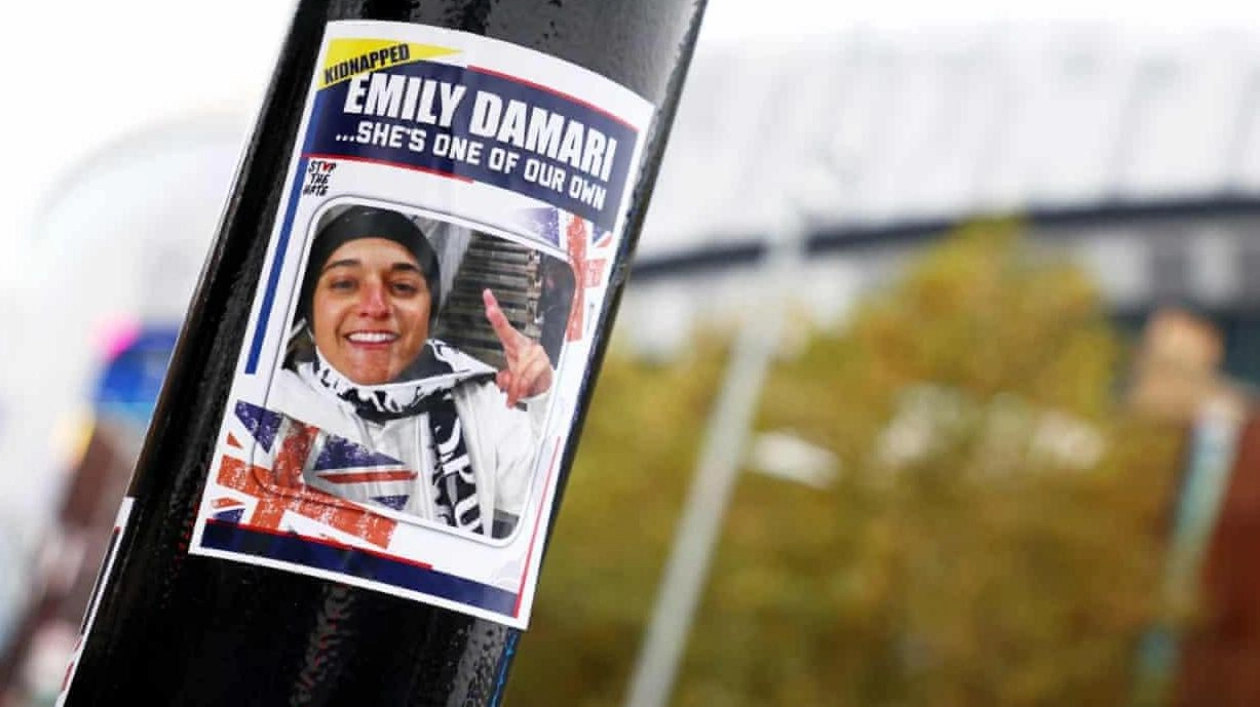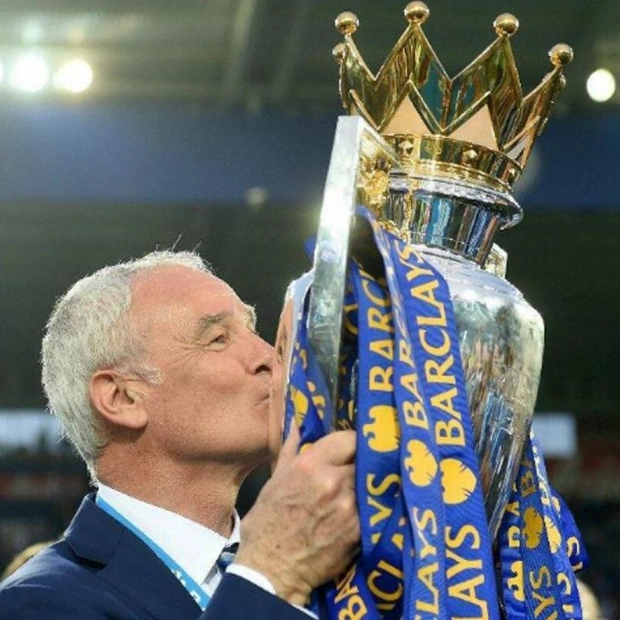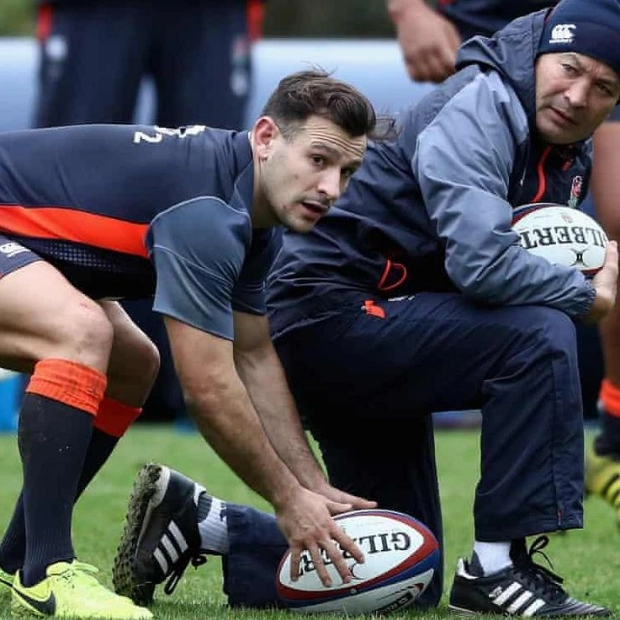Tottenham fans are set to rally before their team's match against Ipswich on Sunday, calling for the release of Emily Damari, the last remaining British hostage held by Hamas in Gaza. Damari, a devoted Spurs supporter, has been in captivity for over a year after being abducted from her home in Kibbutz Kfar Aza during the 7 October attack on Israel by Hamas.
Stop The Hate UK, a London-based activist group, has been actively raising awareness about the 28-year-old, who is among approximately 100 hostages in Gaza. Around 70 campaigners gathered outside the Tottenham Hotspur Stadium before the Spurs' game against Aston Villa last Sunday, chanting “Emily Damari, she’s one of our own” and holding banners demanding her release. They also distributed leaflets detailing her story.
The campaign will continue as Spurs host Ipswich, with activists urging the British government to take more action for Damari. “Emily is a Brit and she should be remembered and treated by the public of this country as a British person,” said Itai Gal, the leader of Stop The Hate. “We haven’t seen much from our government in the past year and a bit in terms of doing or saying anything for the hostages, let alone the British hostages.”
Gal emphasized, “When we say ‘One of our own,’ we mean it because she’s a Spurs fan and a British person. She enjoys drinking tea, loves football, and likes going to the pub with her friends on Friday afternoons. I don’t think enough people realize that there is a real Brit sitting in captivity for over a year now.”
The hope is that football can serve as a unifying force. “We want to harness that,” Gal explained. “Once you focus on this, it takes away many reasons why not to do something – ‘Because she’s Israeli and I don’t know about this too much and people die in Gaza,’ and all these other differences. But when you come to football and say: ‘She’s one of our own, she’s sitting in a tunnel in Gaza,’ we want people to feel outraged. We want people to feel like they need to do something, however little it might be.”
Source link: https://www.theguardian.com






